
Similar Posts
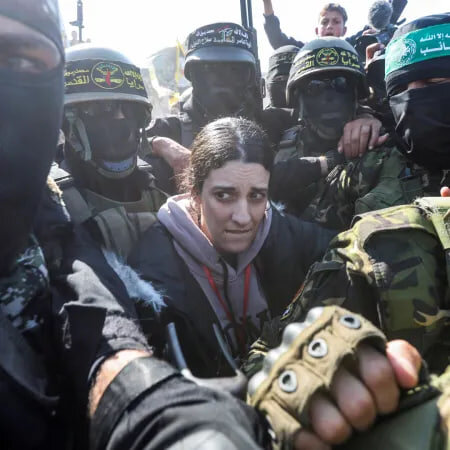
Hamas Frees Seven Hostages: Includes Female and Male Soldier in Historic Release
The Israel-Hamas conflict sees a significant development with the third phase of a ceasefire and hostage exchange, resulting in the release of two Israelis and five foreign nationals by Hamas. In return, Israel will release 110 Palestinian prisoners, including 30 children. Earlier, an Israeli female soldier and a civilian were also freed. The atmosphere was charged in Khan Younis as families awaited the handover. However, reactions vary, with some Israeli officials expressing skepticism about the ceasefire. Prime Minister Netanyahu’s shift towards negotiation follows extensive military operations, raising questions about the future of Israeli-Palestinian relations and prospects for lasting peace.
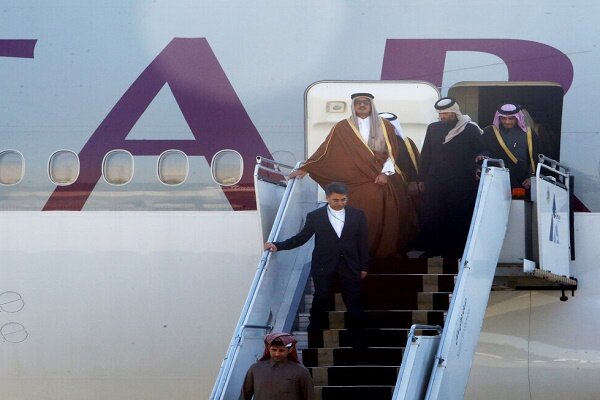
Qatar’s Emir Makes Historic State Visit to Tehran: Strengthening Ties Between Nations
Sheikh Tamim bin Hamad Al Thani, the Emir of Qatar, has arrived in Tehran to strengthen bilateral relations with Iran. His visit aims to enhance cooperation across multiple sectors, including economic partnerships, political dialogue, cultural exchanges, energy collaboration, and security matters. Welcomed by President Masoud Pezeshkian, the visit underscores the commitment of both nations to foster closer ties, contributing to regional stability. The Emir is set to engage with various Iranian officials to identify collaborative areas. This diplomatic move is pivotal for both countries as they seek to diversify international relationships and enhance regional influence.
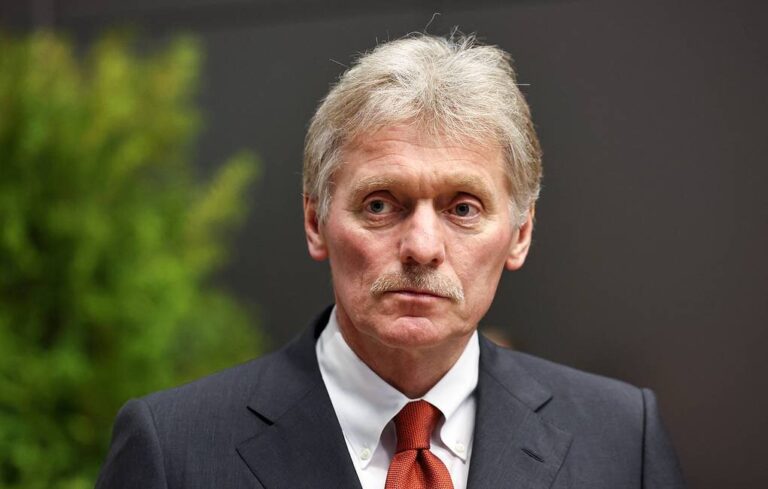
Kremlin Claims Kiev Lacks Interest in Peace Negotiations
Ukrainian President Volodymyr Zelensky’s refusal to make territorial concessions in the ongoing Russia-Ukraine conflict has drawn significant attention, with Kremlin Spokesman Dmitry Peskov interpreting it as a denial of the current realities. Peskov emphasized that discussions must reflect the new situation on the ground, referencing past negotiations, including the pivotal Istanbul talks in March 2022, where Ukraine initially agreed to a neutral status before halting discussions, influenced by UK Prime Minister Boris Johnson. The complexities of international diplomacy and the roles of foreign actors complicate the potential for future dialogue, leaving the conflict’s resolution uncertain.
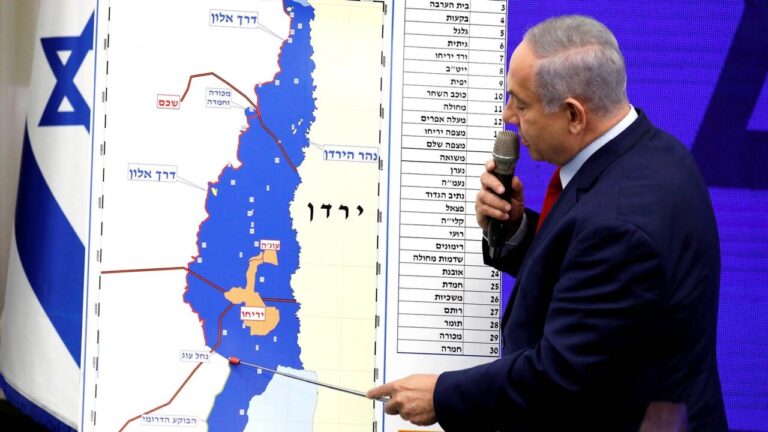
Thomas Friedman: Netanyahu’s Messianic Government Aims to Annex West Bank and Displace Gazans
Thomas Friedman, a New York Times columnist, critiques Prime Minister Benjamin Netanyahu’s “ultranationalist” Israeli government in his article, expressing concerns about its alignment with U.S. interests. He highlights the government’s focus on West Bank annexation and neglect of peace efforts, undermining traditional U.S.-Israel relations established by Nixon and Kissinger. Friedman notes the Biden administration’s struggle to engage Netanyahu in dialogue about a two-state solution, emphasizing missed normalization opportunities with Saudi Arabia. He warns of potential humanitarian crises and international law violations from current policies, urging a reevaluation of Israel’s status as a U.S. ally in a changing geopolitical landscape.
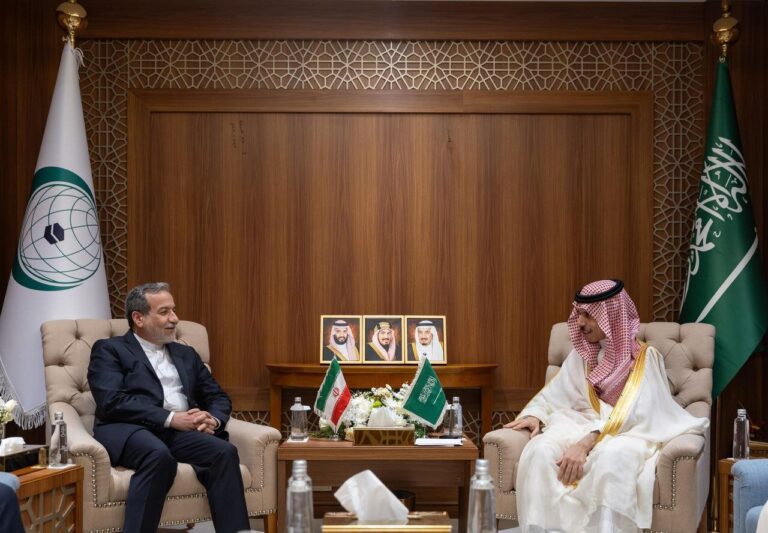
Iran and Saudi Diplomats Hold High-Stakes Talks on Strengthening Relations in Jeddah
Iranian Foreign Minister Abbas Araghchi met with Saudi Foreign Minister Faisal bin Farhan during the OIC Foreign Ministers session in Jeddah, highlighting efforts to improve bilateral relations and address key regional issues. Their discussions focused on enhancing diplomatic ties, regional security, economic cooperation, and humanitarian crises. Both ministers emphasized the importance of dialogue for resolving differences and combating terrorism. The meeting signifies a potential shift towards a more cooperative relationship between Iran and Saudi Arabia, crucial for stability in the Middle East. Their collaboration could positively impact the broader Islamic community and address collective challenges.
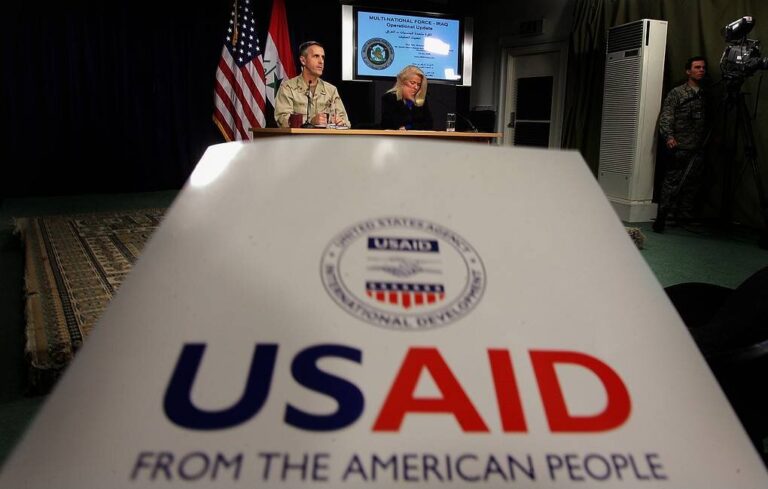
USAID Halts Vital Projects Aiding Ukraine: What It Means for Future Support
The suspension of foreign aid projects in Ukraine has sparked significant concern, as USAID officials have been instructed to halt ongoing support in critical sectors like education and healthcare. U.S. Secretary of State Marco Rubio announced a 90-day pause on most foreign aid grants, prompting stop-work orders on current assistance awards. This move raises questions about the future of U.S. foreign aid, with potential negative impacts on schools and healthcare services, particularly for vulnerable populations. While military financing for Egypt and Israel will continue, the broader suspension highlights a shift in U.S. foreign policy focusing on scrutinized aid allocation.